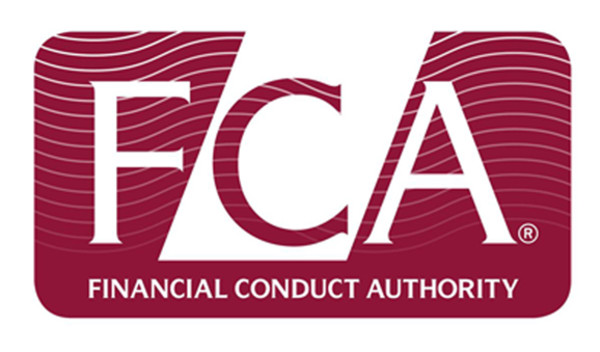

The FCA abandoned its review of culture at UK retail and wholesale banks as 2015 drew to a close.
According to sources cited by the Financial Times, the reasoning given was that each company is unique and could not be easily compared.
The regulator’s review was previously detailed in its annual business plan last year, aimed at determining whether programmes to shift culture in retail and wholesale banks were “driving the right behaviour” and solving issues such as bankers’ pay, appraisal and promotion decisions of middle management.
In response to an enquiry from Kalvin Chapman, solicitor at Manchester-based law firm Berg, the regulator concluded that a full thematic review “would not be the most effective approach to supporting a successful delivery of cultural change”.
Instead, it promised to continue “cultural oversight” through firm supervision and by implementing the recommendations made by the Parliamentary Commission on Banking Standards.
In a statement, the City regulator said that firms must be accountable for delivering culture change.
“By enhancing accountability this should result in firms taking responsibility to deliver cultural change,” read the response, noting new accountability rules coming into force in March, which will see the regulator engaging with individual firms through supervision to encourage delivery of cultural change.
“We expect senior management in firms to establish the right culture to convert good intentions into fair outcomes for consumers. We do not consider it reasonable for firms to compromise on fair treatment of customers in the name of financial success.”
The findings of the FCA’s initial review indicated that the most effective way to support culture change in banks is:
1. to continue to engage with individual firms, as appropriate, through supervision, to encourage their own delivery of culture change; recognising that, especially for large firms, culture change will take time to embed; |
2. to support the increasing number of initiatives on banking culture outside of the FCA, and; |
3. to use a position as the conduct regulator to promote constructive discussions with industry and also with consumer bodies, academics and consultants. |
The FCA’s response also mentioned that it has recently issued new rules on whistleblowing in deposit-taking institutions and other firms, along with setting out final rules for the new accountability framework for individuals working in banks, building societies and credit unions.
John Colvin, a partner in Berg’s dispute resolution team, asked how this could be justified when the review makes up around a quarter of the FCA’s 2016 business plan.
Mr Colvin said: “It leads one to question outside influence, because clearly if such an about turn was imminent, the business plan would not have championed it to such an extent.”
Alison Loveday, managing partner at Berg, added: “What entity or people are behind the decision to withdraw what was previously the FCA’s central commitment to reviewing how banks act?”
In an earlier FCA statement, the City regulator said that the best way to support efforts to monitor banking culture is to engage individually with firms to encourage their delivery of cultural change as well as supporting the other initiatives outside the FCA.
“Having undertaken an initial piece of scooping work we decided that a traditional thematic review would not help us achieve our desired outcomes and we would therefore take forward our work on culture through other routes,” said a spokesperson. “This was an FCA decision, HM Treasury were not involved.”
Phil Stevenson, a chartered financial planner at Cheshire-based Ark Financial Planning, questioned whether the FCA’s approach was essentially what precipitated the 2008 financial crisis.
He said: “As an IFA I would be fearful of the consequences of such a ‘light touch’ regime if it were implemented across our sector of the industry.”
peter.walker@ft.com



